For hotels and other businesses operating in hospitality management, customer experience has developed into one of the single most important battlegrounds, and those who excel in this area are likely to gain a significant competitive advantage over rivals. With that in mind, this article will provide you with eight of the most effective ways to improve the experience you are providing for your customers.
8 Ways to Improve Your Customer Experience
Find the eight ways hoteliers can improve their customer experience.
1. Personalization Marketing
Personalization marketing is a strategy based on delivering promotional content to users on a more individual basis. It is generally achieved through a combination of data collection and digital automation. The key benefit is that users see more relevant content, making them more likely to respond positively.
In the hospitality sector, personalization marketing can improve the customer experience in several ways. Generally, personalized marketing emails sent to relevant users who are addressed by name, are more likely to be opened. Meanwhile, retargeting adverts can help to remind users of a hotel they were looking at online a few days ago, and intelligent recommendations can be made during the booking process.
Find more detailed information and examples about personalization marketing use cases in the hospitality industry in the article “Ways Personalization Marketing Can Benefit the Hospitality Industry”.
2. Smart Rooms
An emerging trend within the hotel industry has been the development of ‘smart rooms’, or rooms that are powered by a combination of artificial intelligence and voice recognition technology. They can improve the customer experience by offering guests the chance to control aspects of their hotel room through voice control.
For example, services like Alexa for Hospitality allow multiple devices within the hotel room to be controlled through commands given to the Alexa smart speakers. As a result, a guest may be able to control the lights or turn the television on or off, all through basic voice commands uttered from anywhere in the room.
Find more detailed information and examples about voice control use cases in the hospitality industry in the article “How Can Voice Control Benefit the Hospitality Industry?”.
Video: Smart Hotel
3. User-Generated Content
Every day, hundreds of millions of travel-related images are uploaded to social media sites like Instagram, and these are an example of user-generated content. For travel companies, the key is to provide customers with opportunities to create the kind of user-generated content that also adds to their experience.
Photo booths are perhaps the main example of this, and these can be set up in many interesting ways, allowing unique images to be produced and shared online. In many cases, the generated content can also be branded, allowing it to serve a dual purpose as a form of positive marketing for a hotel or business.
4. Virtual Reality
Investment from several major global companies, including Sony, Samsung, and Facebook, has helped to make VR technology accessible at home. While the technology is most commonly associated with gaming, the real power is its ability to transport users to a different virtual environment, which can be extremely beneficial for a hotel company.
Some within the hospitality have quickly pounced on the opportunity, offering potential customers the chance to enjoy a virtual reality experience associated with their hotel or holiday destination. A particularly effective technique is to allow guests to experience a virtual recreation of a hotel room before booking.
Find more detailed information and examples about how virtual reality can benefit your business in the articles “How Virtual Reality is Transforming the Travel Industry” and “Amazing Examples of Virtual Reality Hotel Tours”.
5. Chatbots & Artificial Intelligence
Artificial intelligence can be summarised as the ability of machines or computer systems to perform seemingly intelligent functions, which have historically required human involvement. It offers those in the hotel industry several important benefits, including the ability to provide customer service at any time of the day.
Chatbots are perhaps the best-known example of AI within hospitality. These can improve the customer experience by quickly responding to questions, even when no human staff is available. AI technology can also be used for data analysis, helping draw important conclusions from customer reviews and surveys.
Find more detailed information and examples about artificial intelligence use cases in the hospitality industry in the article “How to use Artificial Intelligence in the Hospitality Industry”.
6. Internet of Things (IoT)
The Internet of Things is a term used to describe internet connectivity being included within everyday devices. This connectivity allows devices to communicate or interact with one another, offering several potential customer experience benefits for those operating within the hospitality industry.
For example, devices within hotel rooms can automatically regulate the temperature or light levels. Electronic key cards can also be sent to guests’ phones, eliminating the need for physical keys or key cards. At the same time, hotel staff can be provided with real-time information about the operating status of devices, allowing them to pre-empt the need for repairs and carry them out before the customer experience is adversely impacted.
In the article “How the Internet of Things (IoT) Can Benefit the Hospitality Industry“, find more detailed information about the Internet of Things in the hospitality industry.
7. Augmented Reality
Although it is sometimes grouped with virtual reality technology, augmented reality is not about virtually altering a person’s surroundings. Instead, it involves overlaying information onto real-world environments. So, for instance, a user might point their phone at a building and see information about it on the screen.
Within the hotel industry, AR is particularly beneficial, because it is easier to access than VR. Typically, all that is needed is a phone and a specific app. In terms of the customer experience, the main benefit is providing customers with more information, at the point when it is most relevant. So, for example, a guest might point their phone at a restaurant and be able to see reviews or point their phone at a landmark and see facts about it.
Find more detailed information and examples about how augmented reality can benefit your business in the article “How Augmented Reality is Transforming the Hospitality Industry”.
8. Robots
Finally, robots are also increasingly playing a role in helping hotels to improve the experience they deliver for customers. Indeed, they can be deployed in several ways, ranging from robots providing tourist information in the hotel reception, to robotic luggage porters and cloakroom assistants.
Japan has provided the most dramatic example via the Henn-na Hotel in Nagasaki. Recognized as the first robot-staffed hotel in the world, it features robots providing everything from check-in and check-out services to storage services, all through a combination of AI, voice recognition, facial recognition, and machine learning.
In the article “Examples of Robots Being Used in the Hospitality Industry“, find more detailed information and examples about robot use cases in the hospitality industry.
Improving the customer experience is a key goal for many within hospitality, as it is one of the most effective ways to compete with other hotels or businesses in the industry. By focusing on the eight areas listed in this article, you should be able to excel in this area and deliver the kind of memorable experience that enhances your reputation.
Did You Like This Article About Customer Experience in Hospitality?
You might also be interested in the following articles:
- Social Media Marketing Tips to Promote Your Hotel
- The Most Important Online Distribution Channels for Hotels
- Tips to Manage Online Hotel Reviews
- Ways Personalization Marketing Can Benefit the Hospitality Industry
- Hotel Advertisement; 10 Effective Hotel Advertising Strategies
- Hotel App: Optimise Your Guest Communication & Experience
More Tips to Grow Your Business
Revfine.com is the leading knowledge platform for the hospitality and travel industry. Professionals use our insights, strategies, and actionable tips to get inspired, optimize revenue, innovate processes, and improve customer experience.Explore expert advice on management, marketing, revenue management, operations, software, and technology in our dedicated Hotel, Hospitality, and Travel & Tourism categories.
This article is written by:
Hi, I am Martijn Barten, founder of Revfine.com. With 20 years of experience in the hospitality industry, I specialize in optimizing revenue by combining revenue management with marketing strategies. I have successfully developed, implemented, and managed revenue management and marketing strategies for individual properties and multi-property portfolios.

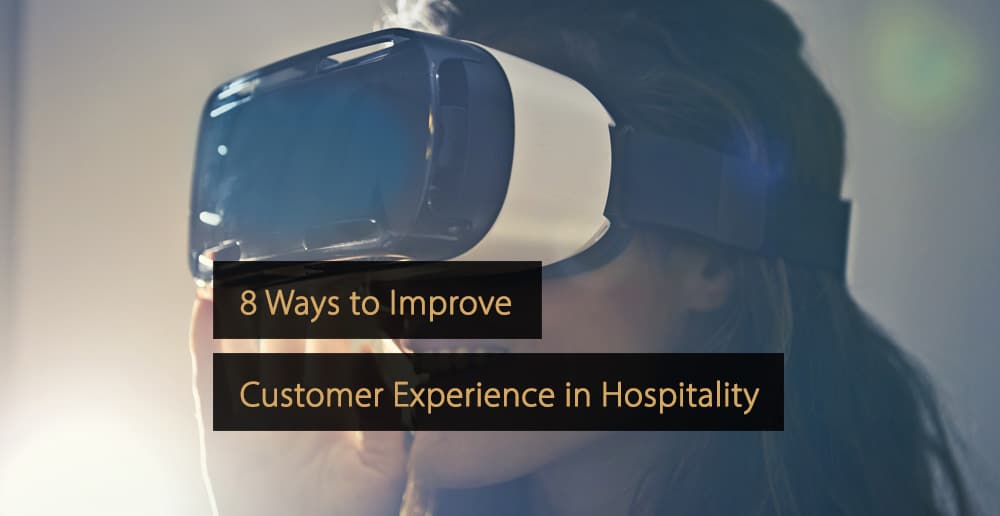

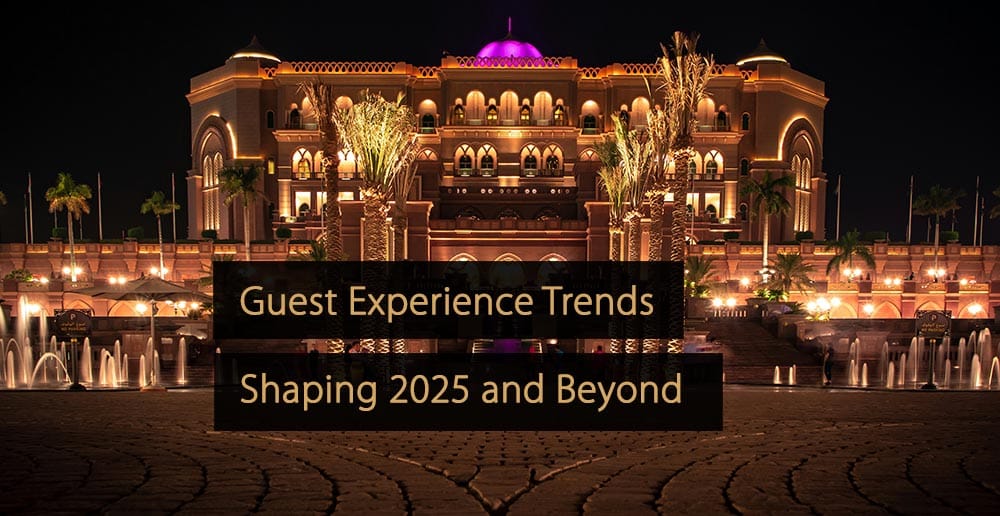
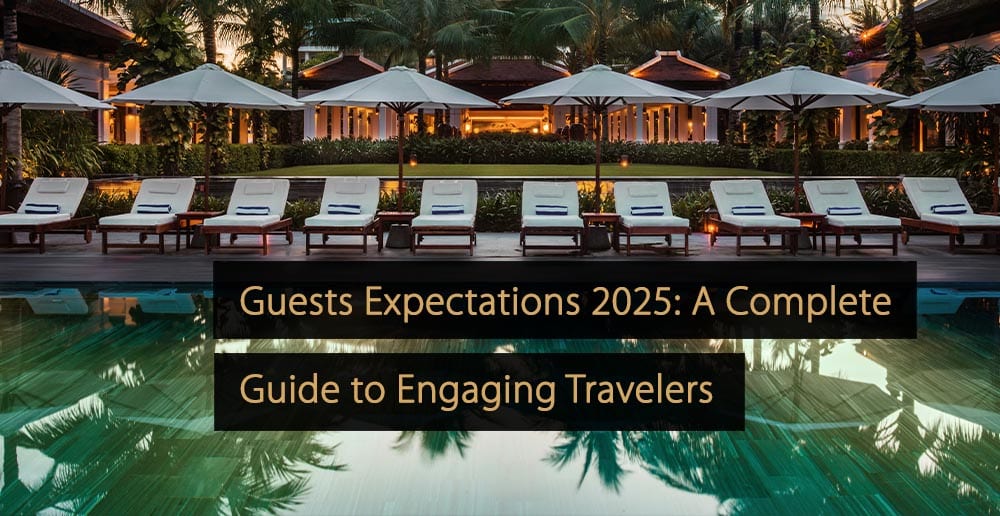

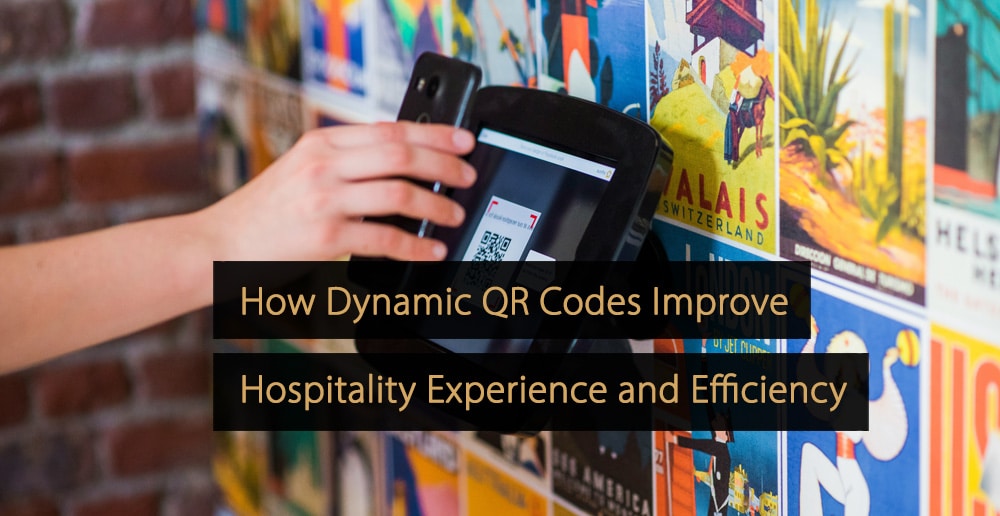
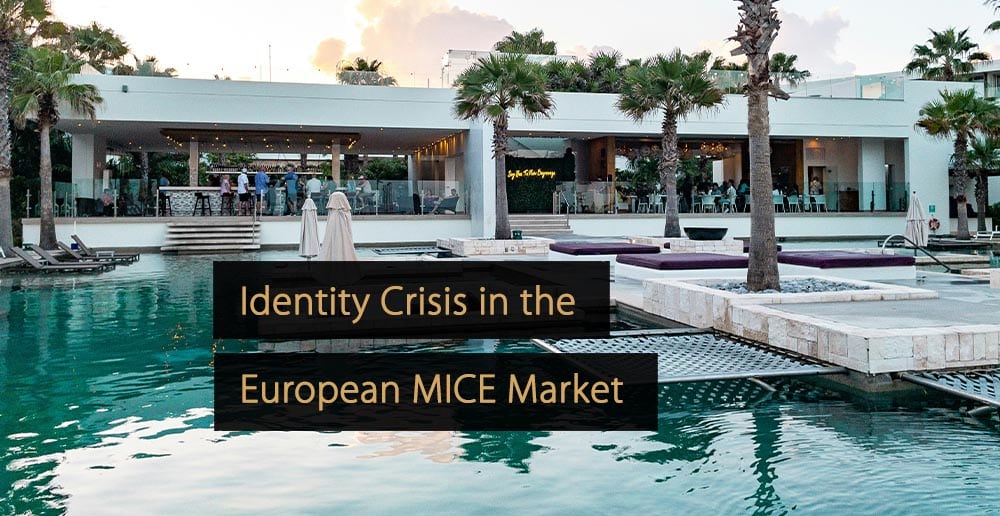

Leave A Comment